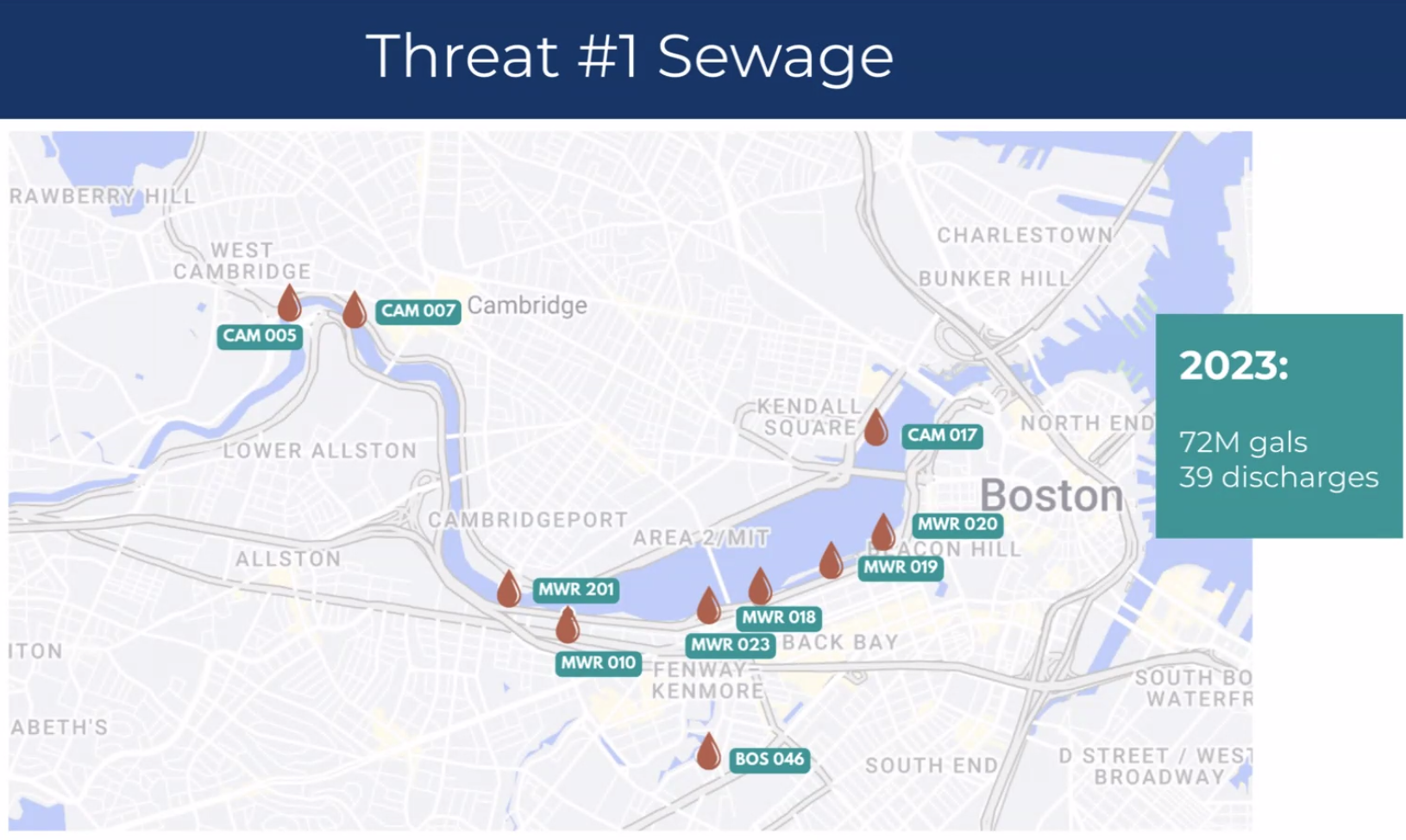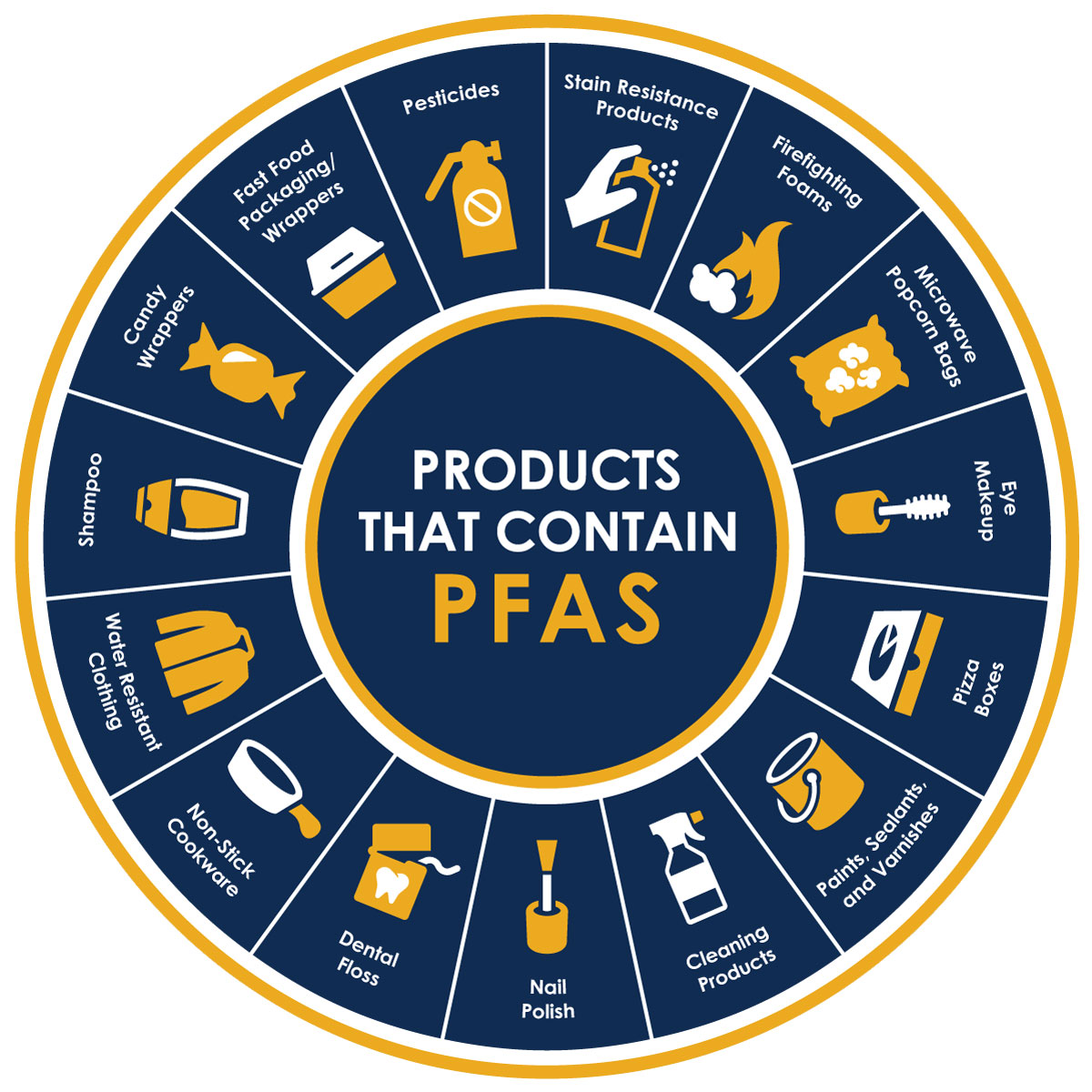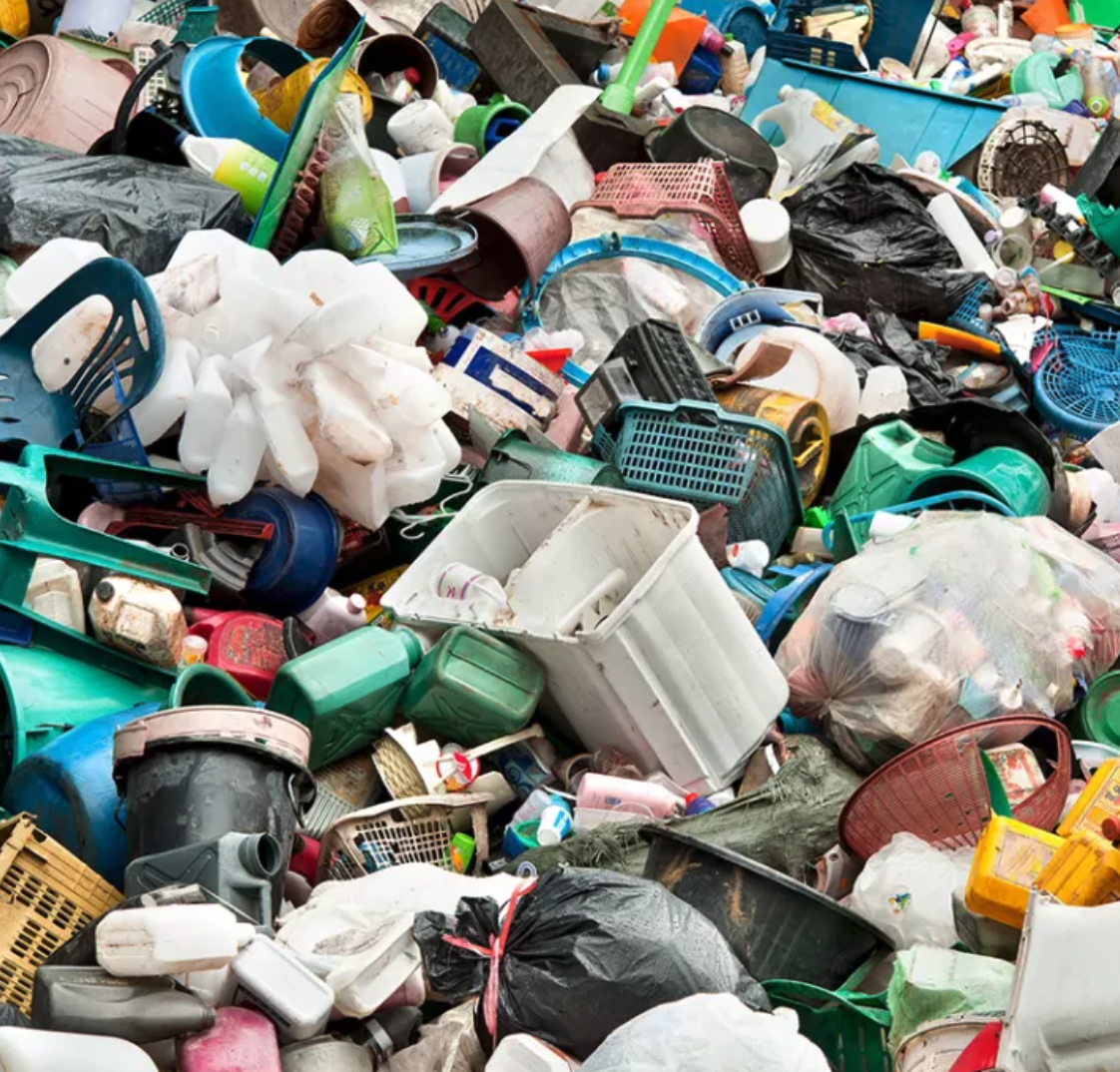A grassroots advocacy association, Boston Green Action supports efforts to make Boston a greener, more sustainable city. We represent a range of community interests in our determined call for climate justice.
Our activities are as diverse as our city:
We pursue solutions for reducing emissions from buildings and vehicles.
We evaluate future sources of energy that will build a more equitable economy.
We fight to protect urban trees and promote clean water and air initiatives.
Join Us
Sign up to receive our free, timely updates
Climate Action News from Boston Green Action

“The Flood Next Time: Protecting Back Bay from Climate Change Impacts”
Boston Green Action congratulates the Charles River Watershed Association, Executive Director Emily Norton, and the Green Committee of the Back Bay Neighborhood Association for hosting this essential community meeting on Monday evening, April 29th. In case you missed Emily’s presentation or the conversation that followed, here is the recording. Prior to the meeting, Emily sent a powerful email to the

An Earth Day Commendation for Jackie Royce
Boston Green Action co-founder Jackie Royce was honored at a Boston City Hall Earth Day celebration on April 22. The official resolution is in “recognition of Environmental Stewardship in the City of Boston.” Congratulations, Jackie!

Boston Green Action Welcomes Brian Swett, Boston’s First Chief Climate Officer
Today’s news that Mayor Wu has named a seasoned climate expert to head the environment cabinet is reason to cheer. Brian Swett brings a wealth of experience to the new post, as highlighted in this extended segment from Erin Douglas’ article in The Boston Globe: “…Swett will oversee the city’s environment and energy offices, as well as work across departments

Boston’s WBUR Posts a Helpful Overview of New PFAS Regulations
The April 10th issue of WBUR Today features a valuable synopsis of the Biden Administration’s first-ever PFAS regulations. The article includes several helpful links. Here it is in full: It’s official: The Biden administration announced this morning it’s set the first national regulations for PFAS, the “forever chemicals” often found in drinking water. Every municipal water system in the country will be

Electric Ratepayer Protections are a Must: Support S.2106
Boston Green Action endorses a petition written by Green Energy Consumer Alliance (GECA) that will protect residential electricity rate payers from third-party electric suppliers: “Today, consumers in Massachusetts can elect to purchase their electric supply from their utility, their local municipal aggregation program (for the towns and cities that have them), or third-party electric suppliers. Unlike rates for basic service

How Can MA Tackle the Single-Use Plastics Crisis?
In an Opinion Piece in the March 18th issue of The Boston Globe, State Senator Jason Lewis and Representative Michelle Ciccolo propose a series of legislative actions to address plastics pollution. They are co-chairs of the Zero Waste Caucus. Their letter is cited here in full: “Society’s addiction to single-use plastics, with their undeniable convenience and versatility, is a rapidly
“Nitrogen Dioxide Exposure, Health Outcomes, and Associated Demographic Disparities Due to Gas and Propane Combustion by U.S. Stoves”
Researchers at Stanford University have new evidence that the most harmful source of pollutants to human health is the kitchen gas stove. The new study indicates how indoor exposure to nitrogen dioxide impacts asthma and other respiratory conditions. The study abstract, written by Yannai Kashtan, Metta Nicolson, Colin J. Finnegan, Zutao Ouyang, Anchal Garag, Eric D. Lebel, Sebastian T. Rowland, Drew R. Michanowicz, Janet Herrera, Kari C. Nadeau and Robert B. Jackson, posits:
“Gas and propane stoves emit nitrogen dioxide (NO2) pollution indoors, but the exposures of different U.S. demographic groups are unknown…”
“EPA Underestimates Methane Emissions Form Landfills, Urban Areas”
Reporting for the Harvard John A. Paul School of Engineering and Applied Sciences newsletter, Leah Burrows points to new research on the importance of high-resolution methane accounting. In landfalls across the US, researchers found emissions that were 77% higher than estimates from the EPA’s Greenhouse Gas Reporting Program. Among landfills that recover gas, methane levels were more than 200% higher than the reported estimates.

“The Flood Next Time: Protecting Back Bay from Climate Change Impacts”
Boston Green Action congratulates the Charles River Watershed Association, Executive Director Emily Norton, and the Green Committee of the Back Bay Neighborhood Association for hosting this essential community meeting on Monday evening, April 29th. In case you missed Emily’s presentation or the conversation that followed, here is the recording. Prior to the meeting, Emily sent a powerful email to the

An Earth Day Commendation for Jackie Royce
Boston Green Action co-founder Jackie Royce was honored at a Boston City Hall Earth Day celebration on April 22. The official resolution is in “recognition of Environmental Stewardship in the City of Boston.” Congratulations, Jackie!
An Earth Day Perspective from Heather Cox Richardson
Helen Cox Richardson’s “Letters From An American” celebrates Earth Day 2024 with an appraisal of government efforts to protect our planet. She begins with the historic appointment of Interior Department secretary Deb Haaland, who pledged to be “fierce” in managing natural resources for future generations.
“How Do I Break Up With Plastic?”
Writing for Moms Clean Air Force, “Mom Detective” Alexandra Zissu explores ways of avoiding single-use plastic—and using less plastic in general. Here is practical advice for plastic-free living:
“Living a plastic-free or even zero waste life is such a gorgeous goal. There are so many reasons to use less plastic, including that plastic is harmful to the environment as well as human health. Plastic is made from petrochemicals and it’s increasingly showing up in our bodies. We’re eating plastic, and we’re drinking plastic. As you say, plastic is truly everywhere, and the health impacts of petrochemical pollution are disturbing. Plastics and other petrochemicals are also the world’s fastest-growing industrial source of greenhouse gases.”

